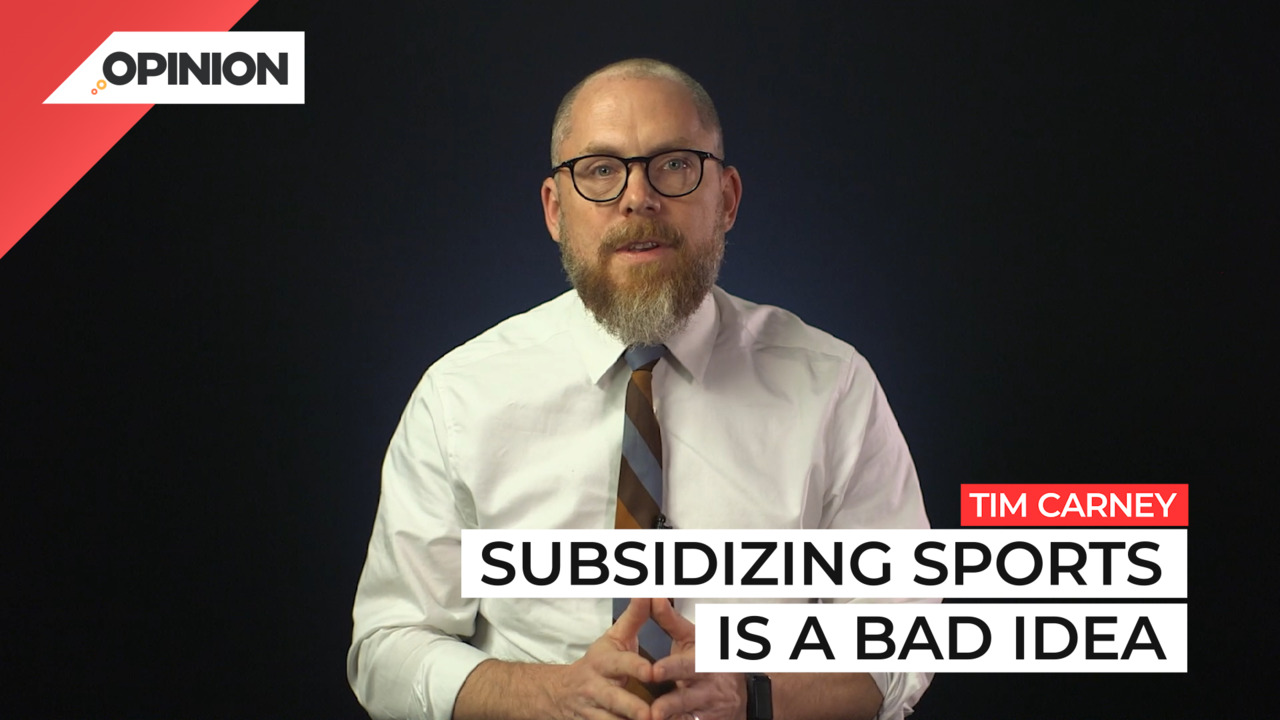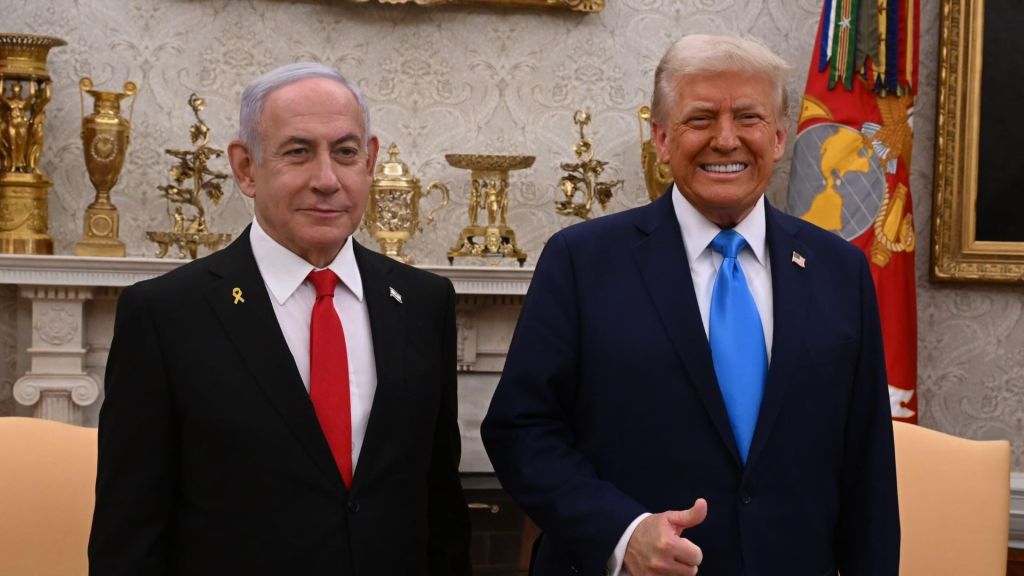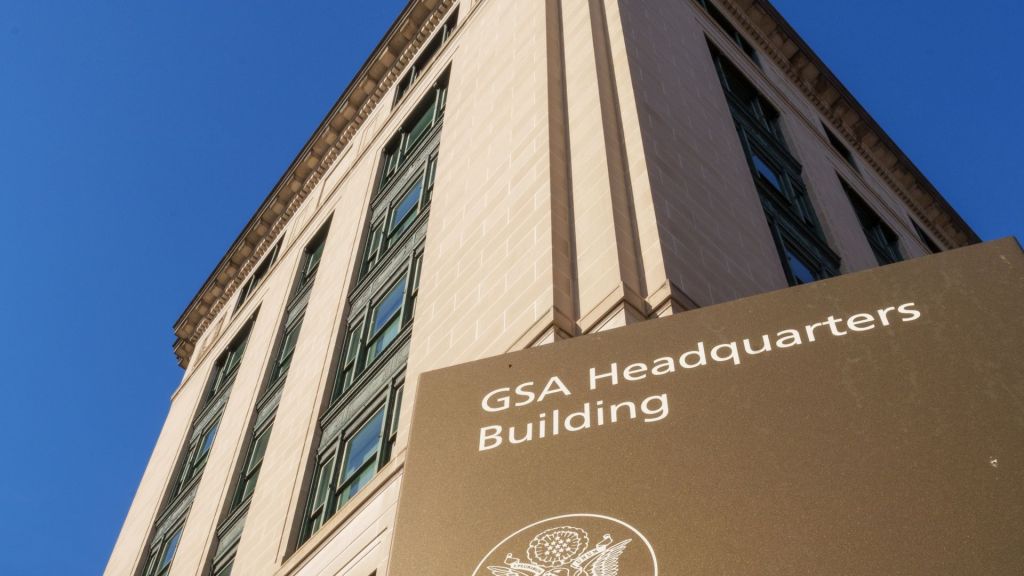
Commentary
-
Our commentary partners will help you reach your own conclusions on complex topics.
The World Cup has brought millions of fans to Qatar along with 64 national teams. It has also brought seven new soccer stadiums and plenty of new infrastructure. When the fans, players, media and vendors all depart after the final game, the infrastructure and some of the stadiums will still be there. What will the ordinary Qataris think of that? They will probably regret it. All totaled, the Qatari government spent about $220 billion, preparing for the World Cup with an estimated $10 billion going to those new stadiums. While the tournament will bring in massive flows of cash to the economy and the government, there is no way the country will recoup its expenditures. hosting the World Cup is not a for profit undertaking. It’s more like throwing a house party, a ton of people will come they’ll have a good time. Many of them will thank you for your hospitality, and you’ll be a bit poor for it. The same is true of hosting the Olympics. If you have to build new infrastructure to host an event, you’re probably not going to come out ahead. What about the ongoing benefits from the new infrastructure though? Once the Qatar is benefit from a new airport, new hospitals and better roads? Yes, these capital improvements will provide some value. That’s not the question though. We have to compare these roads, stadiums, hospitals and airports, to what they replaced or displace and consider what they cost. Some of the soccer stadiums will be disassembled and donated or recycled afterwards, so there will be no lasting benefit from them. Other infrastructure was custom built for millions of visitors and tourists. But 99% of the time from now on, Qatar will not have millions of visitors and tourists. That means many of these roads and projects will go unused or underused. The money materials and space dedicated to this sparsely used infrastructure could have gone to something more useful. There’s a broader lesson here. subsidizing sports is a bad idea. cities in the US at subsidized sports stadiums do not tend to see financial gains. This is one of the most consistent findings in economics. Scholars John Bradbury, Dennis Coates and Brad Humphreys reviewed 130 studies on this question conducted over the past 30 years, they concluded quote, the large subsidies commonly devoted to constructing professional sports venues are not justified as worthwhile public investments. So during this World Cup, Qatar has faced many criticisms over its human rights record and it’s corruption. The economics tells us that the government is also guilty of impoverishing its people in order to throw a big month long party
-
Anti-deportation protests across US will hurt immigrants
On Feb. 2, thousands of protesters waving Mexican, Guatemalan and Salvadoran flags marched through downtown Los Angeles, shutting down the freeway in protest of Trump’s deportation plans. In Phoenix, Arizona, protesters rallied at the state capitol and outside federal immigration offices. Similar grassroots demonstrations are unfolding across the country in the early weeks of Trump’s… -
How woke Democratic policies are fueling devastating wildfires
With at least 25 people killed and fires still burning in Los Angeles, some are accusing politicians of mismanaging resources and worsening the crisis. President-elect Donald Trump has blamed California Gov. Gavin Newsom, a Democrat, claiming he is responsible for a low water supply, although city officials rebuked that allegation and have clarified that the… -
Democrats, GOP must urgently cooperate to block Trump tariffs
Incoming U.S. President Donald Trump has pledged sweeping tariffs on U.S. imports from around the globe, including from U.S. neighbors and allies, but especially on Chinese goods. Trump contends that his tariffs, while initially shocking the U.S. and global economies, will ultimately be good for the long-term economic health of the United States. But economists… -
Why Democrats have soured on mail-in voting
Over 4 million Georgians voted early in the U.S. 2024 presidential election, including a significantly higher number of Republicans than in 2016 or 2020, and many of them chose to do so by mail. The Georgia secretary of state’s office said that this early voting was unprecedented, representing 56% of all registered Georgia voters and… -
Child car seat regulations might actually be impacting family planning
U.S. Sen. JD Vance, R-Ohio, claimed in March of 2023 that child car seats are prohibiting many American families from having more children. Critics noted that birth rates are declining all around the world — including in countries where families don’t normally own any car at all — and that the cost of raising a…
Latest Opinions
-
 Getty Images
Getty Images
Mexico’s lawsuit against American gun makers heads to Supreme Court
-
 Getty Images
Getty Images
How Mixue surpassed McDonald’s and Starbucks in locations with unique model
-
 Getty Images
Getty Images
How Texas aims to rename New York Strip steak to promote beef industry
-
 NONSTOPNEWS
NONSTOPNEWS
At least 2 dead, dozens injured as driver rams into crowd in German town
-
 @jasvnalvar/TMX
@jasvnalvar/TMX
FedEx cargo plane catches fire after bird strike, makes emergency landing
Popular Opinions
-
In addition to the facts, we believe it’s vital to hear perspectives from all sides of the political spectrum.






